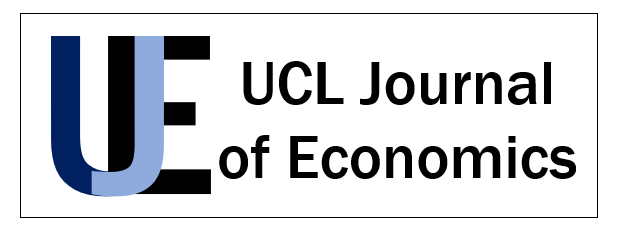Abstract
Our food system is a major polluter and perpetrator of climate change and biodiversity loss. Animal-based protein sources are the most energy intensive and polluting food products. Edible insects have been touted as an alternative to traditional meat sources. This paper quantifies the sustainability of the edible insect production process. Then, it will explore the challenges edible insect companies are facing to change consumer behaviour. Insects as food are still met with disgust, neophobia and are not considered as a viable food option. Through stakeholder interviews, I will be looking at how these companies are attempting to change that, notably through indirect entomophagy, increasing familiarity and building communities. I also recommend other potential strategies such as increasing familiarity by selling insect by-products, targeting a younger audience and establishing edible insects as a unique food category. Finally, I look at the government's perspective on this novel food, whether or not it should support it's development and how supply-side policies could be implemented to do so.
Keywords: Consumer behaviour, Microeconomics, Environmental economics, Innovation, Entomophagy, Marketing, Government intervention, Entrepreneurship, Market entry
How to Cite:
Adler, T., (2022) “Insects on our Plates? Potential, Challenges and Opportunities in the Edible Insect Market”, UCL Journal of Economics 1(1), 93–110. doi: https://doi.org/10.14324/111.444.2755-0877.1383
Downloads:
Download Manuscript File
View PDF
3582 Views
711 Downloads

